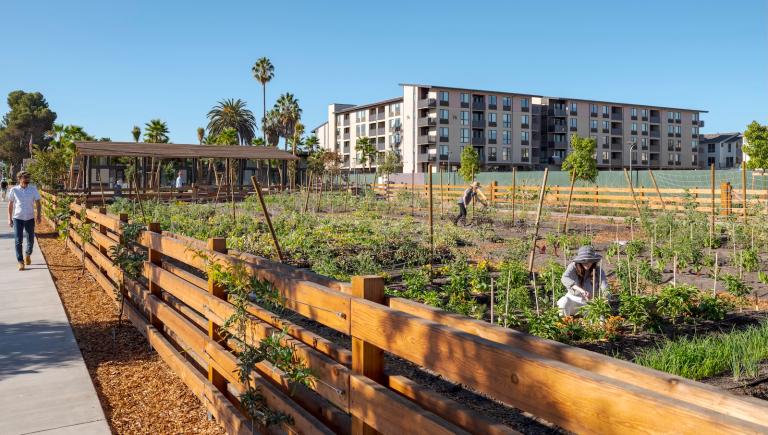Renewable energy is good for rural communities — at least in the UK:
A study funded by the Economic and Social Research Council, of community renewable energy projects in Britain has found that so far, projects are largely based in the countryside, some quite remote. From wind turbines to shared heating systems, small-scale renewable energy doesn’t just help in the fight against climate change. It can also bring people together, revitalise local economies and help alleviate poverty.
Community energy projects generate energy renewably, at a local level. They involve anything from a community-owned wind turbine to a solar panel on a village shop. In recent years, government policy has highlighted the benefits of this kind of distributed, small-scale energy generation, and various national programmes have sprung up to fund and support specific projects.
This study documented more than 500 community energy projects happening in the UK, far more than researchers expected to find. “There is a huge demand for this,” says project leader Professor Gordon Walker. “It’s no longer a question of convincing the public that small scale renewable energy is a good idea. Whenever money is made available it is snapped up immediately, and the funding schemes have been horribly over-subscribed.”
The vast majority of projects are rural. Walker suggests that some renewable technologies, like wind turbines or biomass heating, are more suited to rural areas, where they can provide a new source of income for farmers. Also rural people are less well integrated into energy infrastructure than urbanites. Many villages are off the gas network, and electricity supplies may be unreliable, so there is more drive towards alternative sources of energy.


